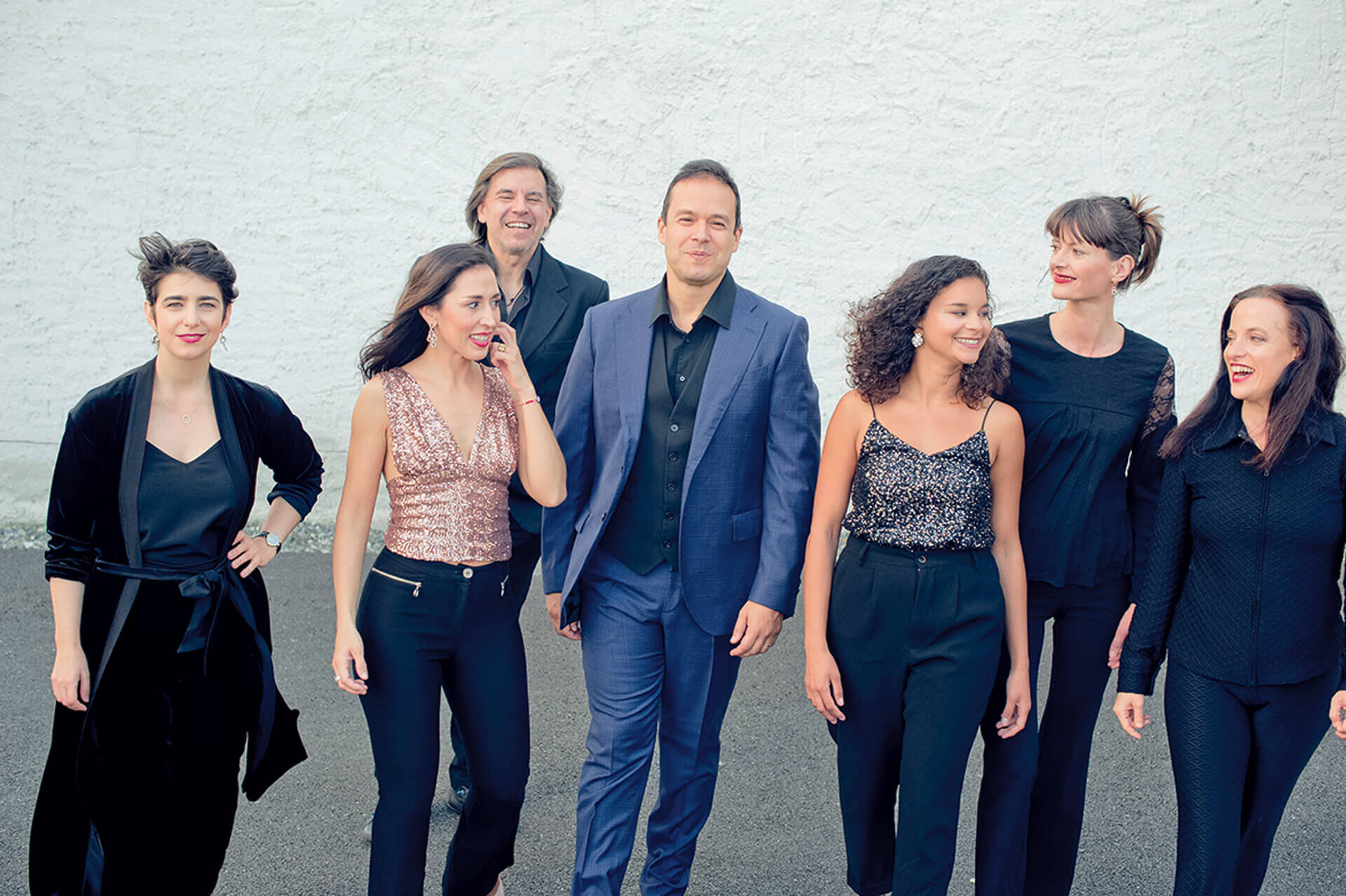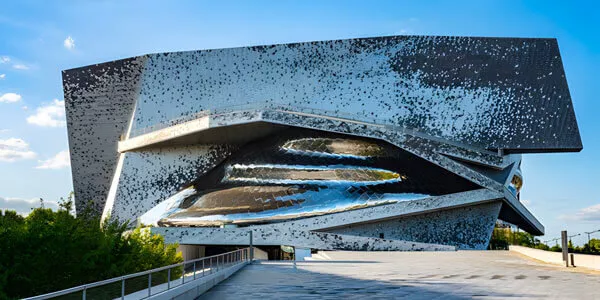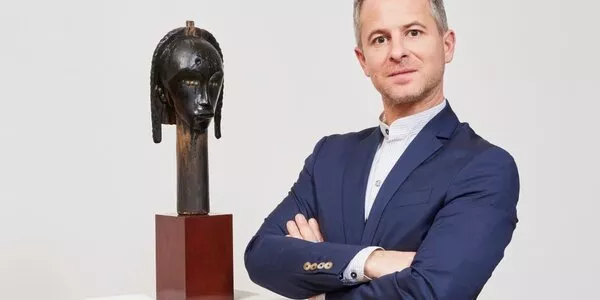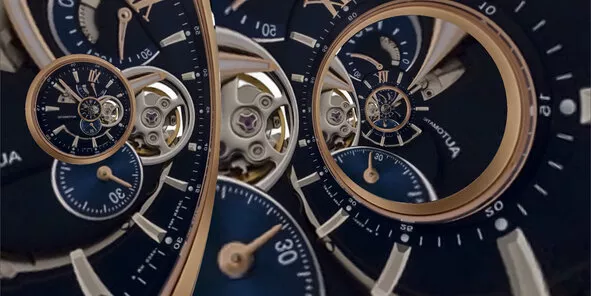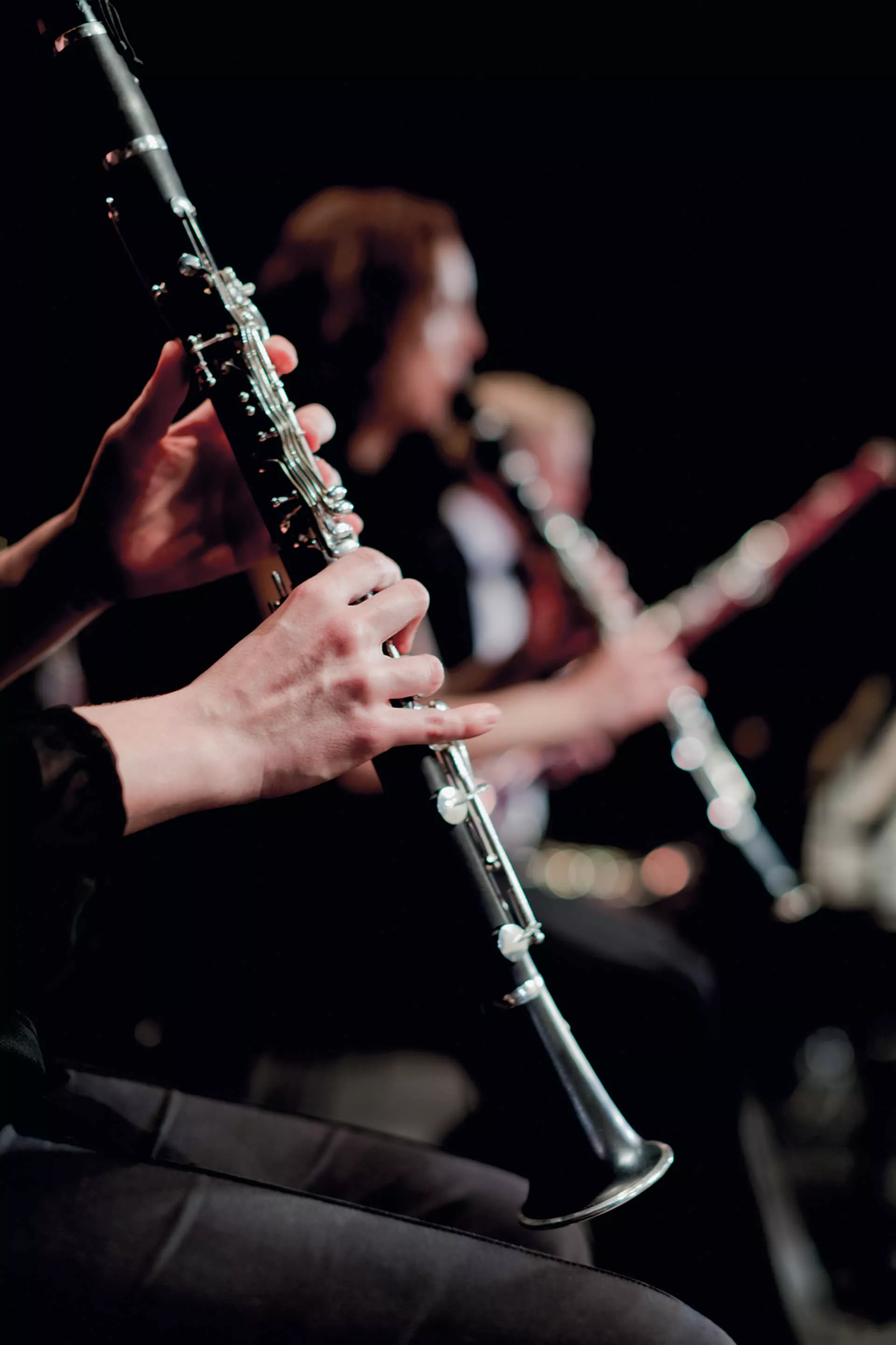
A new score for classical music
Spring 2020: Europe came to a standstill and concert halls closed their doors. The silence of the lockdown was great for listening to birds, but for musicians this silence was a very bad omen indeed. Usually in demand for concerts around the world, the Talens Lyriques is one of many musical groups impacted by the coronavirus crisis. “We finished our concert tour in Colombia on 9th March”, recalls Lorraine Villermaux, the administrator of this baroque ensemble founded by Christophe Rousset. “By the 10th, the country’s borders were closed…” The impact was immediate, “with the domino effect of one cancellation leading to another. The Talens Lyriques, like many ensembles of this type, are often committed to shows that are co-produced by several European operas. With the crisis, concert programmers are rethinking their season, taking health risks into account and often favouring national artists over international. A show cancelled in one city is automatically cancelled in the next. For example, we have even had a production cancelled that was scheduled to take place in 2022 in Toulouse!”
Harmonious ideas
The closure of borders and and lockdown has also affected the two main music conservatories in Paris and Lyon. Their foreign students, deprived of lessons and unable to return home to their families, are feeling very isolated. Some, who financed their studies by giving music lessons or small concerts, are also in a precarious financial situation.
Quite quickly, everyone rallied around and plans were made to offer an alternative cultural experience. “We thought about those people who could not just take a vacation given the crisis”, explained Damien Guillon, singer and director of the ensemble Le Banquet Céleste. “Our idea was to offer small concerts during the summer of 2020, in well-known locations of cultural heritage (churches, castles, gardens) where music is only rarely performed. To succeed, we needed to be inventive and mobile”.
“I am a very active person and right until the last minute, I did not want to believe that lockdown would actually happen”, admits Léo Warynski, conductor of the Les Métaboles choir. “No more concerts, no possibility of bringing my singers together to perform: I was heartbroken. The release, on 26 March 2020, of our new record Fairy garden was a breath of fresh air for the group. The public and critics warmly welcomed this compilation of French music evoking spring, patience and joy. This is a real happy pill, I said to myself! If there is a second lockdown, I will certainly need another record to promote to keep my spirits up”.
As one door closes, another opens
The experience of lockdown has enriched the creativity of some artists. The Tactus ensemble, bringing together five percussionists from Lyon, created ‘R E S E T’, a musical show about the curiously rhythmic life of three characters living together in an enclosed living space.
To help this sector sustain and reinvent itself, the Mécénat Musical Societe Generale association launched an exceptional 2-million euro initiative last April. In just a few weeks, emergency scholarships reached some 200 students from the two main music conservatories in Paris and Lyon. The association voted to renew or extend the subsidies for the 25 ensembles and musical projects of which the Group is already a partner: Les Talens Lyriques, Les Siècles, the Paris Chamber Music Centre, among others.
Mécénat musical societe generale sponsorship in figures
Inventing new stages
The association also has 62 new projects selected for their artistic or social interest in partnership with the federation of specialised vocal and instrumental ensembles. Le Banquet Céleste obtained a grant to travel across Brittany. During this regional tour, musicians specialising in early music travelled through a region which is close to their hearts, from Morbihan to Ille-et-Vilaine via the Côtes-d’Armor and la Manche. Thanks to their tour, over 1,500 people had the opportunity to discover Baroque music including pieces by Bach, Telemann and Monteverdi, etc. “Mécénat Musical Societe Generale provided the impetus,” said Damien Guillon.
Léo Warynski and Les Métaboles have proposed a recording project based on a concert entitled ‘The Angels’. “We held a perfect concert that day!” reminisced Léo Warynski. “It is rare because there is always something missing. The angels were certainly with us that day!”
44 of the new projects were proposed by ensembles that were not previously partners of Mécénat Musical Societe Generale and therefore extended the normal scope of the association. As such, Le Cercle de l’Harmonie, a large group renowned for its performances of Mozart’s operas, has been able to rethink its artistic offering, a question of survival above all. The ensemble has built a project based around the first two symphonies of Brahms and Bruckner, enabling the orchestra to navigate a path back to the concert halls more easily.
A packed season ahead
When supported by a flexible organisation, enthusiasm knows no bounds: 12% of projects feature international concerts. Thus the Trio SR9, composed of three young percussionists from Lyon, was able to reschedule its participation in the renowned French May festival in Hong Kong. “The idea behind this tour”, explains Nicolas Cousin from SR9, “was to have a collaboration with other ensembles like ours: our elders, Les Percussions de Strasbourg, and a Hong Kong ensemble, Toolbox percussion. We know each other by reputation but had never actually had the opportunity to play together. The meeting, which was due to take place with nine musicians over several days, was cancelled due to the coronavirus. Reprogramming has required rethinking a lot of things, including the programme because there will only be six of us due to planning reasons.”
Digital tools have made it possible for many ensembles to perform without having to wait for the score to be played without them. For example, La Cappella Mediterranea (see box) gave a concert in September in an isolated village at the foot of Mont Blanc: the recording for a future record was broadcast on social media, allowing the ensemble to maintain the link with its 30,000 fans around the world! In France but also abroad, some 400 concerts or cultural actions will be on offer from summer 2020 to summer 2021.
“ART IS CATHARTIC, PURIFYING OUR EMOTIONS AND SHOOTING OUR ANGER”
LEONARDO GARCÍA ALARCÓN, CHIEF CONDUCTOR AND FOUNDER OF THE CAPELLA MEDITERRANEA GROUP.
“The Madrigals of the baroque composer Sigismondo d’India (1582—1629) have always fascinated me, and this has been the case since the very beginnings of Cappella Mediterranea. I had wanted to tackle this composer for a long time, but I didn’t really dare to. Since the creation of my ensemble in 2005, we have focused mainly on Venetian opera, rediscovering operas by Cavalli or oratorios by Falvetti. Unlike his contemporary, Claudio Monteverdi who wrote sacred arias during the day and operatic arias in the evening, Sigismondo d’India, for his part, composed highly intellectual music, of great intimacy, but also that is extremely demanding for performers who wanted to reveal it in all its beauty. After the long period of silence imposed by the pandemic on all musicians, I felt that it was the right time for my ensemble and I to reunite around this music that is so intimate and finally to tackle this unique composer. We chose a magnificent baroque church facing Mont Blanc, in the heart of Savoy, to record some of his most beautiful madrigals. It was a great moment to come together around this project during such a particularly challenging period. As an Argentinian, I’m used to hardship, and I’ve learned that by immersing yourself in music, you can better overcome these hardships. I often think of baroque composers who faced other serious crises such as the plague or famines. In these difficult times, art is cathartic. It purifies our emotions and calms our souls”.

